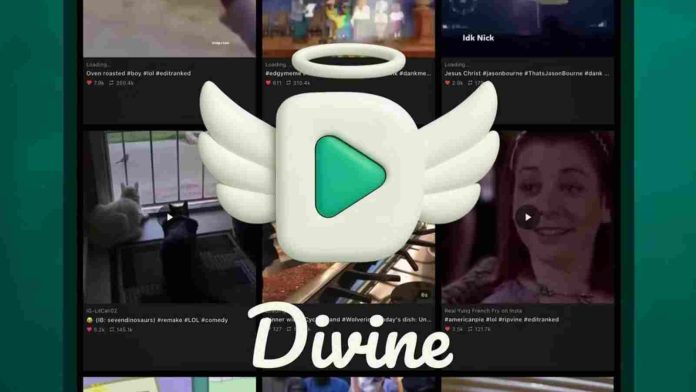Before TikTok and Instagram Reels dominated our screens, there was Vine—the six-second video app that redefined internet humor and creativity. Though its lifespan was short, launching in 2013 and closing just four years later under Twitter’s ownership, Vine left behind a massive cultural footprint. Now, like a nostalgic reboot, it’s making a quiet comeback in a new form: Divine.
Divine: The New Home for Vine’s Legacy
Divine now hosts more than 100,000 hours of archived Vine content, offering a digital time capsule of internet creativity. It also allows creators to once again share short-form videos, paying homage to Vine’s original simplicity and charm.
While Divine has no formal ties to the original app, it’s backed by “and Other Stuff,” a nonprofit founded by former Twitter CEO Jack Dorsey, and is built by Evan Henshaw-Plath—better known as Rabble—who once worked at Twitter and is part of Dorsey’s nonprofit team.
A Mission to Restore Creator Ownership
The idea for Divine traces back to Henshaw-Plath’s Revolution.Social podcast, where guests like tech executive Yoel Roth and journalist Taylor Lorenz reminisced about Vine’s authentic culture. Inspired by those conversations, Henshaw-Plath built Divine on Nostr, a decentralized social networking protocol supported by Dorsey.
As Dorsey told TechCrunch:
“The reason I funded the nonprofit ‘and Other Stuff’ is to allow creative engineers like Rabble to show what’s possible in this new world—using permissionless protocols that can’t be shut down at a corporation’s whim.”
Preserving the Pre-AI Internet
Much of Divine’s content comes from a 2016 backup created by a preservation group called ArchiveTeam. Henshaw-Plath and his collaborators reconstructed this archive, restoring not just the videos but also metadata such as view counts and partial comment threads.
In a statement, Divine explained:
“By importing videos from ArchiveTeam’s preservation work, we’re giving authentic, pre-AI-era videos a new home on the decentralized web. Our goal is to restore creator ownership and proper attribution, honoring the original voices that shaped this culture.”
A Stand for Human Creativity
At a time when AI-generated videos are flooding digital platforms, Divine aims to reclaim space for genuine human expression. The platform uses a verification system called ProofMode, which cryptographically confirms that videos were recorded with real cameras rather than generated by AI models.
“Divine isn’t anti-AI,” says the team, “but we are against AI pretending to be human. We want to build a space where human creativity is authentic, celebrated, and protected—where you can trust that what you’re watching was made by a real person, not an algorithm.”
Whether Divine will inspire a new wave of short-form creators, or simply preserve the nostalgia of Vine’s golden days, remains to be seen. But one thing is certain: it’s giving the internet’s most memorable six seconds a second life.



